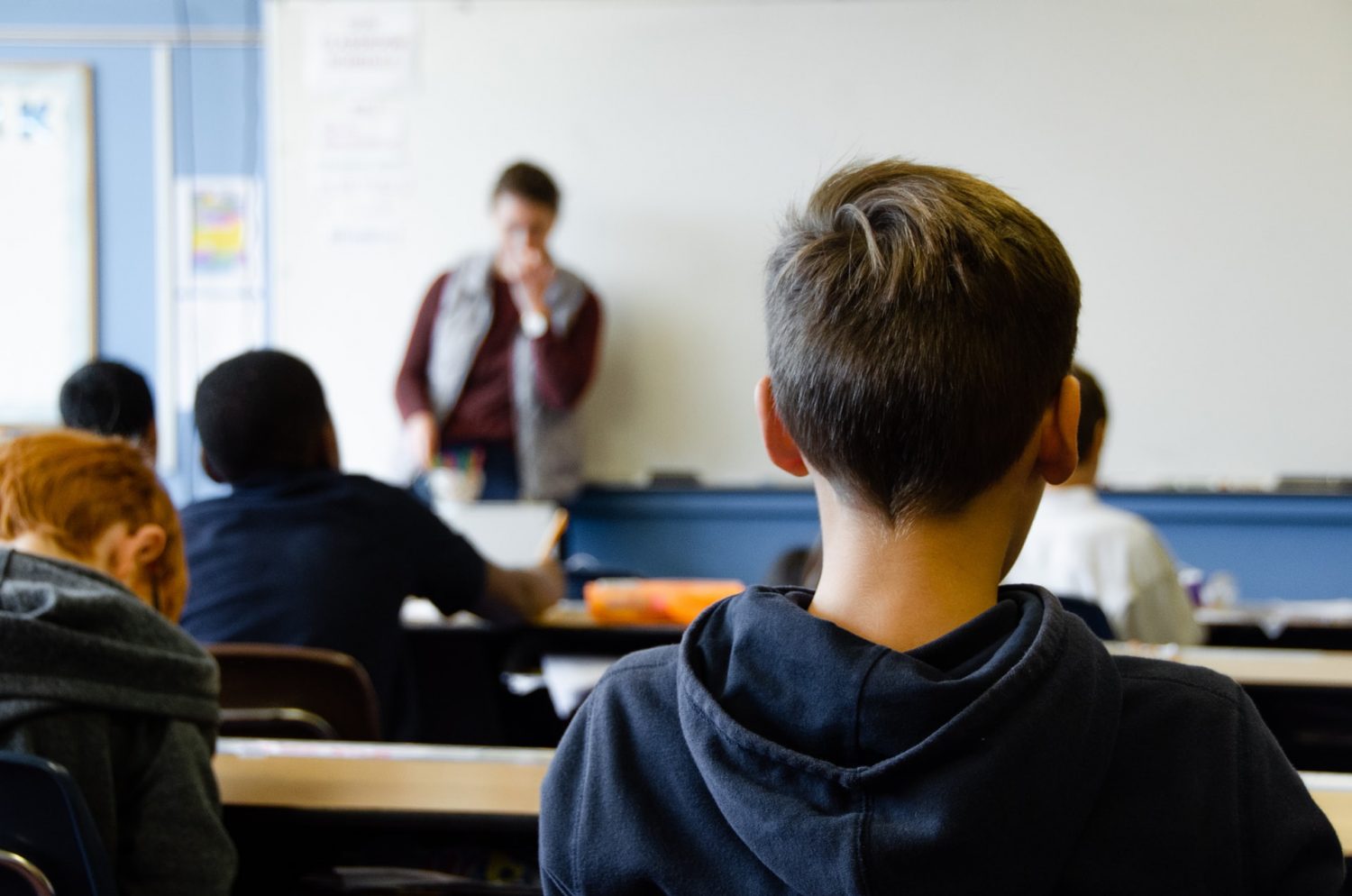Outside Looking In – Another Report from an Expert Panel on Educational Underachievement
Guest contributor Emma Shaw looks at the long-standing issue of educational achievement within working class communities in Northern Ireland.

We have all heard the analogy it takes a village to raise a child. This is especially poignant for children and young people from disadvantaged backgrounds. The recent interim report from the Expert Panel on Educational Underachievement in Northern Ireland, released in March 2021, added nothing new to the long-standing debate of how to improve educational achievement within working class communities. Despite decades of significant research conducted globally, there remains the lack of political will to make significant reform to challenge underachievement.
The make-up of this expert panel consists of mostly school Principals and academics. There is a striking absence of voices from working class parents; it is unknown if there were any sought to be part of the expert panel. The panel outlined that they heard evidence from 344 individuals but less than nine percent were from parents. It is unknown how wide the net was cast for parental engagement in the survey. Individuals that provided evidence were largely from school leadership roles, government officials and voluntary/community groups – though the report does not specify which groups.
An online survey sought views on the topic with the vast majority of respondents (51.4%) being ‘Educational Professional’. Only 20% of respondents identified as ‘parent/carer/family member’. The makeup of respondents to this survey is likely to create a bias within the results.
The first question of the survey asked what the main causes of educational underachievement in Northern Ireland are, with 16.4% citing ‘family/parent support/lack of role models’. This deficit view of working class communities is harmful to the same community that the ‘experts’ purport to advocate for. In 2019 I conducted research on working class communities in East Belfast during my undergraduate at Queen’s University. That is where I grew up, that is where I have networks, but the research model could be replicated anywhere. I analysed the responses from 547 young people aged between 11-16 and 98.2% of pupils felt that they were supported by parents/guardians in their education. The accusations of not being supportive levied at working class parents is degrading and does not account for barriers to school engagement that are outside of parental control.
The second main cause cited in the interim report was ‘low expectations/aspiration/opportunities/jobs’. Based on my own research, the allegation of working class students as not having aspirations is false. When asked what career the students were interested in pursuing, the top responses highlighted in my study were – education, medicine, mechanical engineering, and media/creative arts. The challenge for working class students is balancing between what they want to achieve and overcoming barriers to achievement, whether financial or time constraints such as assisting with caring responsibilities.
I was encouraged by the National Children’s Bureau (NCB) section since they acknowledged that families do not always have the capacity to support children due to competing pressures. They also highlighted barriers to achieving goals, including financial concerns, anxiety, and missing school through illness. The transfer test continues to be a concern among both children and parents.
Despite a plethora of research globally evidencing the harmful impact of high stakes testing (academic selection) on children, especially those from working class backgrounds, Northern Ireland continues to utilise this flawed method to ascertain what knowledge a child has retained and then funnel them to a post-secondary school based on these inaccurate results. Not only are these transfer tests damaging to our children’s mental health, but they are also inaccurate reflections of the child’s academic ability. One of the best steps that we could take in NI is to completely dismantle the grammar school system and root out its inequalities, but politicians lack the backbone for any such reform.
Another theme that came out across the interim report was the impact of a good teacher. Young people described a good teacher as someone who listened to them, supported their learning, and respected them. Unfortunately, not all children have access to good teachers and that is something that is a deliverable action by this panel.
If we want our children to have access to good teachers, then we must invest in high quality teacher development programs that ensure we have pedagogical experts and/or expertise in child development. Teaching should not be considered a backup option for those who are uncertain of what career steps they want to take next. Teaching is a vocation that has a specific set of qualities, attributes and skills that are required to ensure our students reach their true academic potential.
Professor Feyisa Demie, a member of the Expert Panel, notes some recommendations: establishing a NI-wide project to tackle the issue; targeted interventions; ring-fence funding and successful headteachers to lead the charge. What he neglects to highlight is the key role that communities and families play in tackling underachievement. School leaders and Principals must cease their ‘gatekeeping’ roles with parents and encourage dialogue as opposed to assuming that they always know best. Simple steps like moving Board of Governor meetings from the middle of the day to the evening would remove a barrier to participation in school governance. Promoting a ‘whole community approach’ is fundamental to any success.
If this Expert Panel is serious about tackling this systemic issue then they must formulate partnerships with those already within the communities, including parents and utilise them as resources instead of expecting them to watch from the side-lines.
The featured image has been used courtesy of a Creative Commons license. Photo by Taylor Wilcox on Unsplash.




